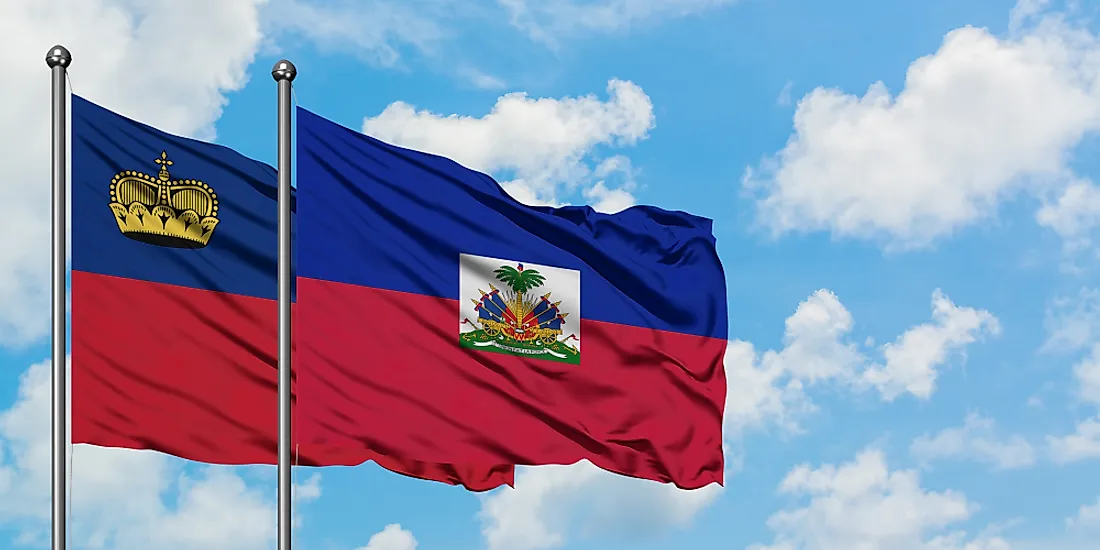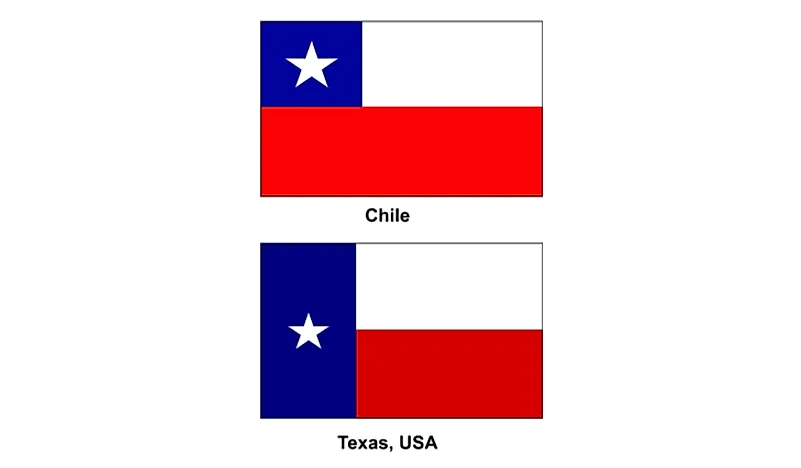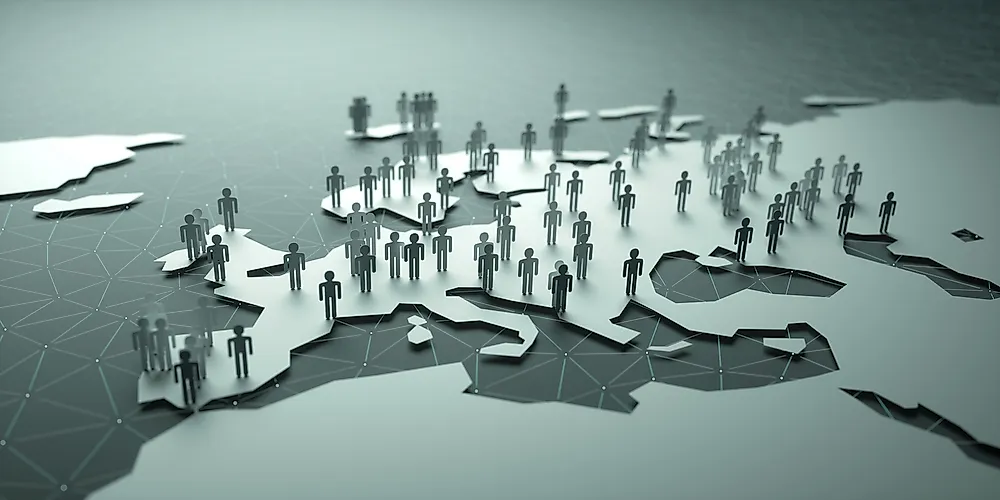In Bulgaria, the head of the state is the president and the head of the government is the prime minister. This makes Bulgaria a parliamentary representative democratic republic. According to the constitution adopted in July 1991, the executive power is vested in the cabinet which includes the ministers and the Prime Minister. The Narodno Sabranie (National Assembly) is tasked with legislative power while the legislature is tasked with interpreting the constitution, laws and delivering justice.
Bulgaria holds presidential and legislative elections. The president is elected by a popular vote by the people to serve for a five-year term renewable once. The 240 members of the National Assembly are elected by proportional representation. The multi-party system in the country is designed such that the government must be formed by two or more parties. Parliamentary elections are scheduled to happen after every four years.
The National Assembly Building is located in the state’s capital of Sofia. Some of the administrative offices are housed at the Bulgarian Communist Party building due to insufficient space in the Parliament Building. Plans are underway to move the entire assembly to the old Party house building. The president resides at the Boyana residence in Sofia.
The major political parties in Bulgaria, include the GERB, the Bulgarian Socialist Party, the Movement for Rights and Freedoms, the United Patriots, and Will.
This page was last modified on May 1st, 2018
More on Graphicmaps

Published on 2019-11-06
What is a Trade Embargo?

Published on 2019-11-04
Which Two Countries Used to Have the Same Flag?

Published on 2019-09-16
What Is the Only Two-Sided State Flag?

Published on 2019-09-16
Which Country Flag Looks Like the Texas Flag?

Published on 2019-08-29
Flags That Resemble the US Flag

Published on 2019-08-20
